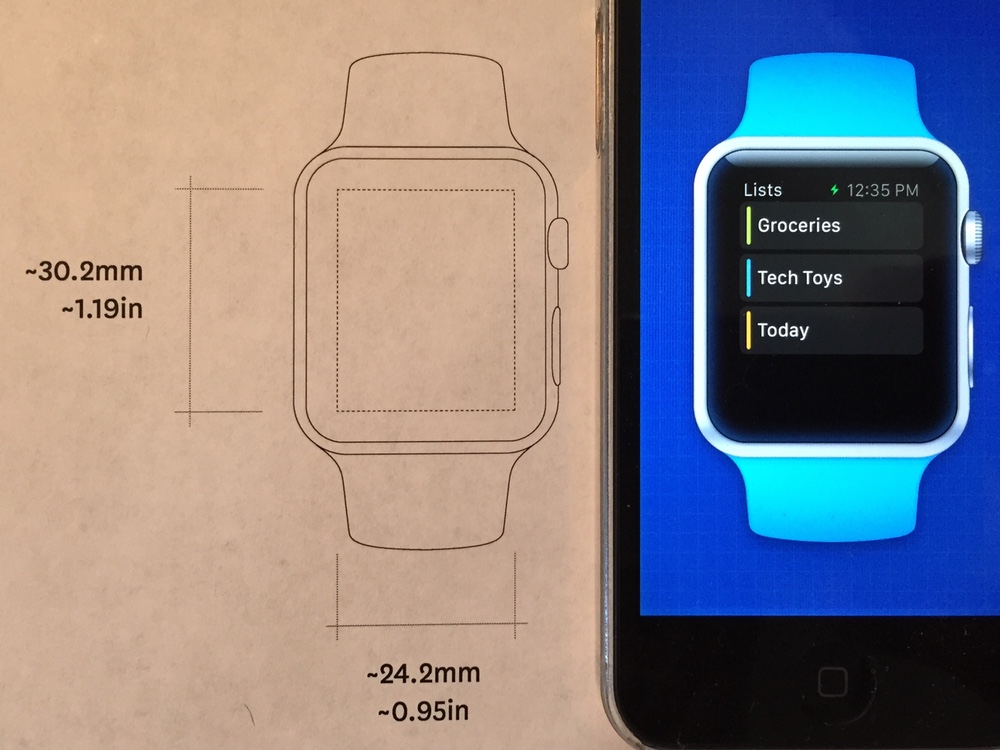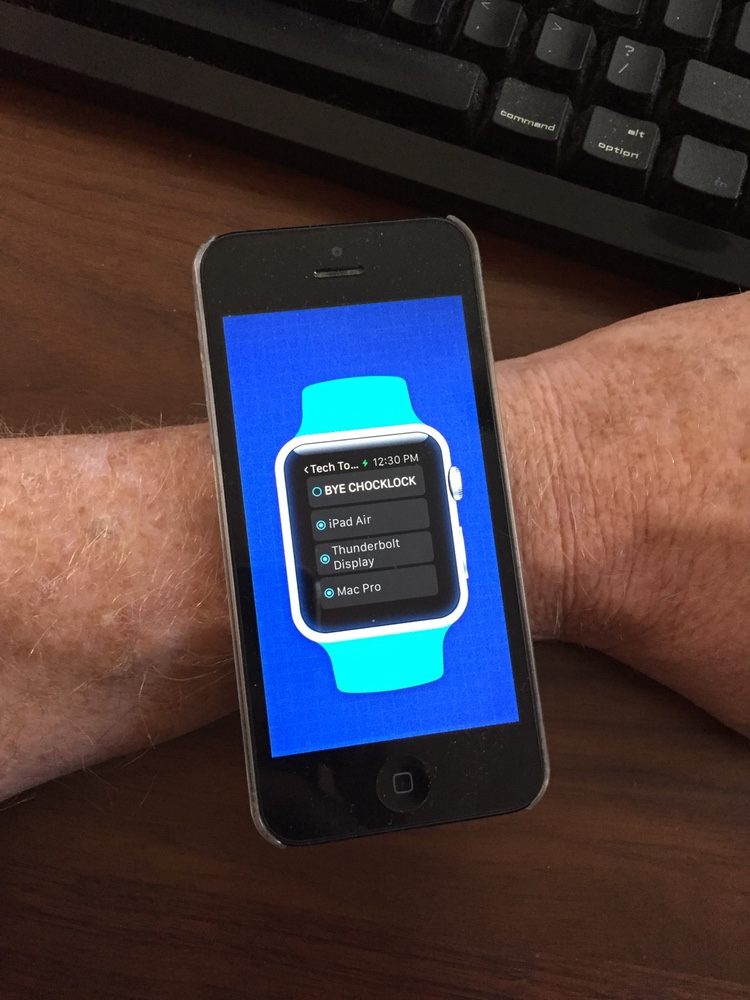Dear Tim,
I’m writing today about the latest kerfuffle on the state of Apple’s business.
Marco is a brilliant developer and I’m proud to call him a friend. I also know that, like many of us geeks, sometimes his words verge on hyperbole.
You’ve always struck me as someone who relies on facts for your decision making, so I’d like to provide some background from a geek’s point-of-view. No hyperbole. No bullshit.
The reasons Marco’s piece got a lot of initial attention was because the basic message resonated with a lot of people in our community. But as usual, idiots with ulterior motives twisted the original message to suit their own purposes.
The good news is that none of the problems us geeks are seeing are show stoppers. We’re not complaining about software quality because things are completely broken. There’s still a lot to love about OS X and iOS.
But this good news is also bad news. Our concerns come from seeing the start of something pernicious: our beloved platform is becoming harder to use because of a lot of small software failures.
It’s literally a death by a thousand tiny little cuts.
Apple may not be aware of the scope of these issues because many of these annoyances go unreported. I’m guilty of this when I open a Finder window on a network share. While the spinner in the window wastes my time, I think about writing a Radar, but a minute later it’s forgotten. Until the next time.
As a developer, I know that Radar is my best channel to give Apple constructive feedback, but writing a report is a time consuming process. Those links above consumed about two days of my productivity. Nonetheless, I’ll keep harping on my 20K+ Twitter followers to do their duty. These problems won’t fix themselves.
I’m also wary of looking at past OS X versions with rose colored glasses: there always have been bugs, there always will be bugs. But I have a pretty simple metric for the current state of Apple’s software: prior to the release of Yosemite, I could go months between restarts (usually only to install updates.) Lately, I feel lucky to go a week without some kind of problem that requires a complete reset. I experience these problems on a variety of machines: from a 2009 Mac Pro to the latest Retina iMac.
A bigger concern than my own productivity is how these quality issues affect Apple’s reputation. Geeks are early adopters and effusive when things work well. But when we encounter software that’s broken, we have a tendency to vent publicly. Yesterday’s post by Marco was the latter (spend some time on his blog and you’ll see plenty of the former, as well.)
Because a lot of regular folks look to us for guidance with Apple products, our dissatisfaction is amplified as it trickles down. When we’re not happy, Apple loses leverage.
It also leads to a situation where your product adoption slows. To give you some personal, and anecdotal, examples:
- Every holiday season, my wife and I make sure that everyone’s computer is up-to-date and running smoothly. This year, for the first time ever, we didn’t install the latest version of OS X. The problems with Screen Sharing are especially problematic: it’s how we do tech support throughout the year.
- My wife hasn’t updated to Yosemite because others at her workplace (a large, multi-national corporation) have encountered issues with Wi-Fi. Problems like this spread like wildfire in organizations that are accustomed to avoiding issues with Microsoft Windows.
Before I close this letter, I’d like to offer a final observation. Apple is a manufacturing powerhouse: the scale of your company’s production line is an amazing accomplishment. Unfortunately, software development is still a craft: one that takes time and effort to achieve the fit and finish your customers expect.
Apple would never ship a device that was missing a few screws. But that’s exactly what’s happening right now with your software products.
I’ve always appreciated the access Apple’s executive team provides via email, so thanks for your time and attention to this matter. Please feel free to contact me for any further information or clarification.
Yours truly,
Craig Hockenberry

